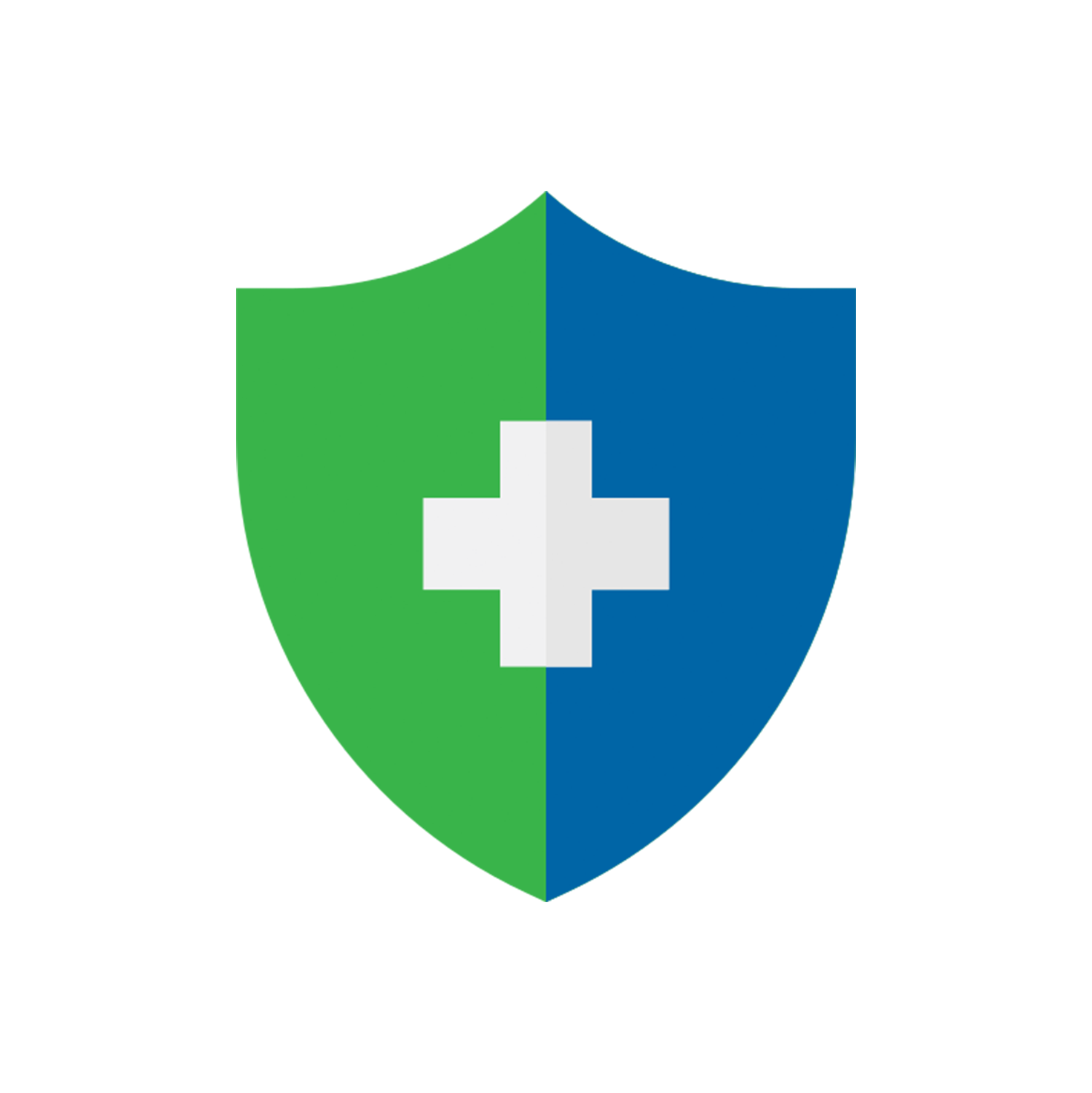Summer is the time for being outdoors. And this year, in particular, we all deserve to have some fun hanging out with friends responsibly. Apart from observing personal hygiene, make sure you protect yourself and people around you from heat-related illnesses.
What is Heat Exhaustion?
Heat exhaustion refers to overheating of the body due to excessive loss of water and salt through sweating. Signs and symptoms include headache, excessive sweating, shortness of breath, cramps, dizziness, weak but rapid pulse, and nausea.
How to Help Someone with Heat Exhaustion?
- Help them move to and lie down in a cool area
- Remove unnecessary clothing
- Help them take plenty of fluids
- Cool them by moistening their skin with cool water and fanning them
- Place cold packs, if available, around armpits or neck
- Call for an ambulance if conditions do not improve within 30 minutes
What is Heatstroke?
Heatstroke, or sunstroke, is a life-threatening emergency and must be tended to immediately. Heatstroke means body temperature is out of control and increases to around 40 degrees Celsius or above. One prominent sign of heatstroke is that the body stops sweating. Other signs include red and dry skin, dizziness, irrational behaviour, seizures, and coma.
First Aid for Heatstroke
- Call for an ambulance immediately
- Help them move to a cool area and keep them still
- Lay them on their side (recovery position) if unconscious
- Help them take cool fluids
- Cool them as much as you can - fanning, soaking clothes in cool water, cold packs, etc.
Outdoor Activities Tips to Preventing Heat-Related Illnesses
- Wear long-sleeves, light and loose-fitting fabric; cover as much skin as possible.
- Hydrate well. Drink a few sips from time to time instead of consuming plenty of fluids at once.
- When hiking with kids, check their water bottles frequently to ensure that they drink enough water.
- Wear a wide-brimmed and well-ventilated hat to cover your face and neck.
- Plan ahead and know where you can find shady areas if needed before your trip.
Stay heat smart, and have yourself a nice summer!
Sources:
© Cigna Healthcare 2023
Information provided in this article is intended for health and fitness purposes only and is not intended for use in the diagnosis of disease or other conditions, or in the cure, mitigation, treatment or prevention of disease (see Terms & Conditions for details). Any health-related information found in this article is available only for your interest and should not be treated as medical advice. Users should seek any medical advice from a physician, especially before self-diagnosing any ailment or embarking on any new lifestyle or exercise regime. Any information contained in this article may not be suitable, accurate, complete or reliable. Cigna Healthcare accepts no responsibility for the content or accuracy of information contained on external websites or resources, or for the security and safety of using them. "Cigna Healthcare" and the "Tree of Life" logo are registered trademarks of Cigna Intellectual Property, Inc. in the United States and elsewhere, licensed for use. All products and services are provided by or through operating subsidiaries, and not by The Cigna Group.



